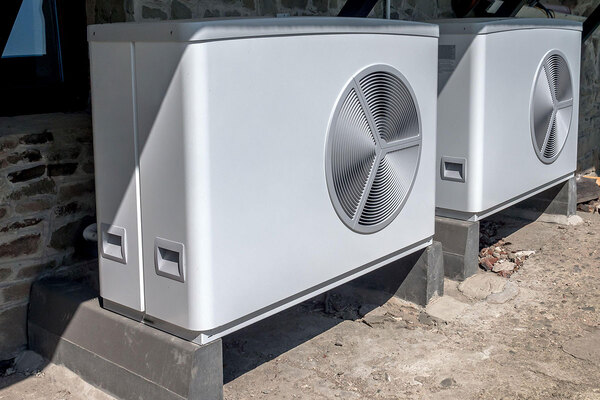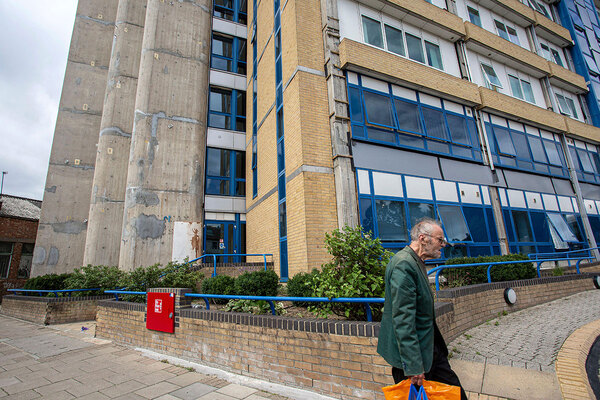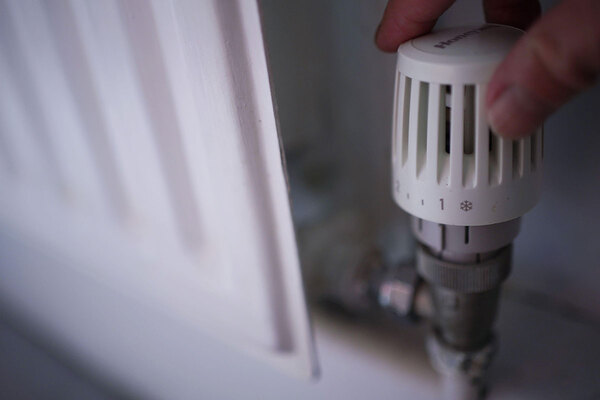New Welsh Housing Quality Standard introduced with £22.5m in extra funding
A new Housing Quality Standard is being introduced by the Welsh government, which believes this will see the biggest changes to social housing standards in more than 20 years.
The Welsh government said today that the new Welsh Housing Quality Standard (WHQS) will replace the existing standard to “better reflect changes in the way people live, work and feel about their homes”.
Climate change minister Julie James said: “I intend to make available a further £22.5m across this year and next, targeted at supporting social housing meeting the new Wales Housing Quality Standard.”
The original standard was introduced in 2002. A formal public consultation for WHQS 2023 was undertaken last year, which received more than 200 responses.
As well focusing on affordable heat and decarbonisation, the standard also looks to improve the comfort of the homes, including with up-to-date kitchens and bathrooms, as well as general well-being.
All habitable rooms, staircases and landings located within the home should have suitable floor coverings at the change of tenancy, alongside improving issues such as damp and mould, broadband access and building safety.
The new standard will require social landlords to aim to achieve Energy Performance Certificate (EPC) Band A for each property, but this will be done in steps, with an aim for EPC C by 2029.
Each home will have an Environmental Impact Rating (EIR), which will be driven by the average carbon emissions of the home, with higher scores for renewable heating systems and renewable technologies.
The standard requires social landlords to undertake an assessment of their entire stock to outline the current EPC and EIR ratings of their homes.
Landlords will then need to produce a Target Energy Pathway (TEP) for each home, which will outline what work they will need to carry out on a property to achieve the required targets. The TEP will also include information on the expected costs and timings of the improvements.
The WHQS will also look at levels of noise, biodiversity and water pollution.
Ms James said: “This is a bold and progressive standard that sets ambitious targets to make a difference to the overall quality of people’s lives, raises the bar for social housing and reflects the voice of tenants in Wales.
“The standard will address decarbonisation in the social housing stock, ensure that homes are of a higher quality, affordable to heat and fit for the 21st century and beyond.
“It is vital that we continue to lead the way in decarbonisation of housing and learn how to upgrade social housing effectively and efficiently, in ways which reduce carbon emissions and energy bills for tenants.
“What we learn from upgrading the 230,000 social homes in Wales will drive how we, as a nation, tackle decarbonising the 1.2 million privately owned homes in Wales.
“The challenge of retrofitting the existing housing stock is vast. Every single house has a different history and therefore our mission is to reduce carbon emissions home by home and street by street.”
In addition to the new funding announced, there is money still available through the Optimised Retrofit Programme (ORP).
In April, the Welsh government told Inside Housing that 44 partners have successfully applied for £114m in ORP grant funding.
The ORP was initially launched in August 2020 in a bid to find the best approach to decarbonising various housing types.
The third round of £150m in funding for the scheme was announced in November 2021 to fund insulation upgrades, alongside the installation of technologies such as heat pumps, solar panels and battery storage.
The total ORP funding made available to landlords to date is around £270m.
The government said it has also allocated £70m this financial year to landlords on a formula funding basis, and there is a commitment for a further £70m next year.
Ms James added: “I am confident that this is the right standard at the right time, but implementation will not be without its challenges.
“As a government, we will continue to work collaboratively with the sector, in the same way we have developed the standard. One of the key areas will be finding suitable long-term funding solutions in partnerships with social landlords.
“It would be easy to be overwhelmed by the scale of the challenge of upgrading social housing. We have done it before, and together we can do it again.
“We need to be pragmatic, rise to the challenge – Welsh tenants are counting on us.”
Sign up for our Wales newsletter
New to Inside Housing? Click here to register and receive our Wales round-up straight to your inbox
Already have an account? Click here to manage your newsletters












